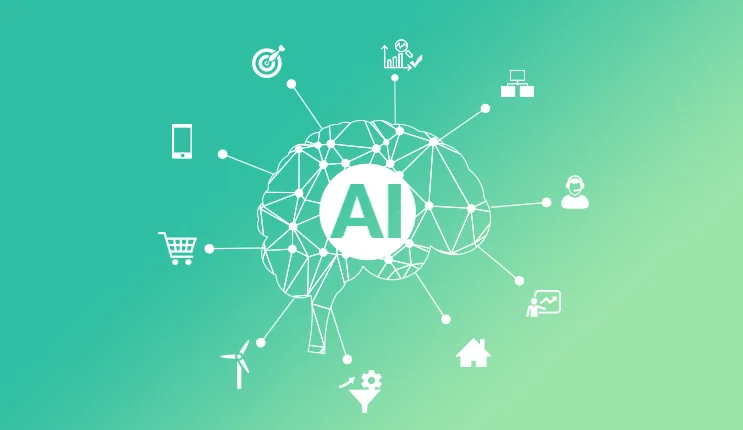Artificial Intelligence (AI) has hastily converted the software program panorama, revolutionizing industries and basically altering the manner corporations perform. As we flow forward into the future, the trajectory of AI in software keeps to conform, promising groundbreaking improvements and progressive packages that reshape our every day lives.
Current Trends Shaping the Future of AI in Software
1. Machine Learning and Deep Learning Dominance:
Machine studying (ML) and deep mastering technologies are at the leading edge of AI advancements. They allow software program to study styles, make predictions, and constantly improve without specific programming. These algorithms energy advice structures, predictive analytics, and independent decision-making.
2. Natural Language Processing (NLP):
NLP allows human-pc interaction, allowing machines to apprehend, interpret, and respond to human language. Applications include chatbots, language translation, sentiment evaluation, and content technology, enhancing user stories throughout numerous software platforms.
3. AI-powered Automation:
Automation through AI is reshaping industries via streamlining procedures, lowering guide intervention, and enhancing performance. Robotic Process Automation (RPA) and clever procedure automation leverage AI to automate repetitive duties, thereby enabling agencies to recognition on better-price sports.
4. Edge Computing and AI Integration:
Edge computing, coupled with AI skills, enables faster processing and evaluation of facts at the edge of networks. This integration helps actual-time selection-making, especially in IoT devices and programs requiring low latency, enhancing responsiveness and scalability.
5. Ethical AI and Responsible Development:
As AI turns into greater pervasive, ethical issues, transparency, and accountability in AI development and deployment are gaining prominence. Responsible AI frameworks and hints are being mounted to ensure equity, privacy, and unbiased choice-making in AI-powered software.
Future Applications and Impacts of AI in Software
1. Healthcare Transformation:
AI-driven software program will keep to revolutionize healthcare, assisting in diagnostics, personalized treatment plans, drug discovery, and telemedicine. Predictive analytics and AI-enabled imaging strategies beautify precision and efficiency in scientific tactics.
2. Autonomous Vehicles and Transportation:
AI will play a pivotal position within the evolution of self sufficient vehicles, optimizing navigation, safety, and visitors management systems. Software improvements on this domain promise a destiny of more secure, extra green transportation networks.
3. Personalization and Customer Experience:
AI-pushed software will in addition personalize consumer experiences throughout industries. From personalised suggestions in leisure structures to tailor-made buying stories, AI will continuously enhance client delight and engagement.
4. Cybersecurity and Threat Detection:
With the increasing complexity of cyber threats, AI-powered software might be quintessential in figuring out, mitigating, and responding to safety breaches. AI algorithms can detect anomalies and patterns in actual-time, fortifying cybersecurity measures.
5. Environmental Sustainability:
AI-enabled software programs will make contributions to addressing environmental demanding situations by optimizing energy consumption, handling assets more efficaciously, and facilitating predictive models for weather change analysis and mitigation
Challenges and Considerations for AI in Software Development
Despite its gigantic potential, the tremendous adoption of AI in software improvement faces challenges. These consist of issues associated with records privateness, biases in algorithms, regulatory constraints, and the need for non-stop upskilling of the workforce to leverage AI technologies efficaciously.
In Conclusion, the destiny of AI in software is promising, with transformative applications across various sectors. As improvements maintain, collaboration between generation innovators, policymakers, and ethical practitioners will be pivotal in harnessing the full capability of AI while ensuring its accountable and moral deployment for the betterment of society.
